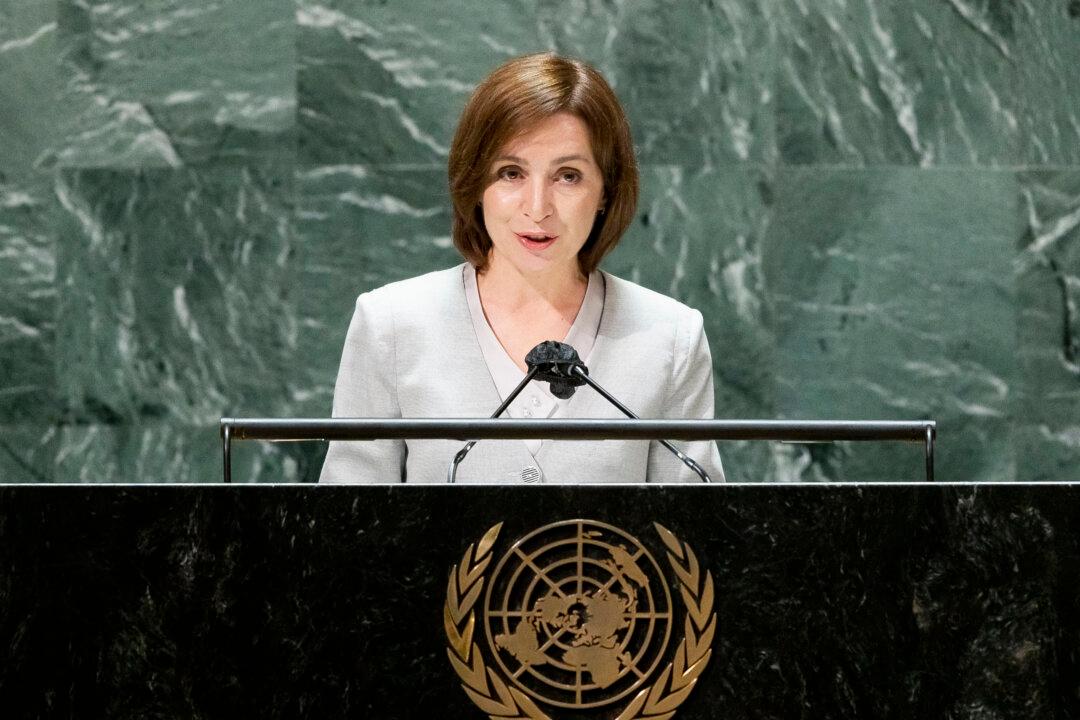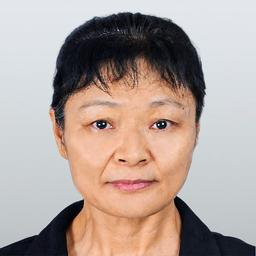Moldova’s first female president, Maia Sandu, broke a long custom by not honoring the Chinese ambassador to Moldova at the end of his term in office. Analysts suggest this is an indication of Moldova changing its long-term pro-China position.
Sandu, 49, assumed office on Dec. 20, 2020, becoming Moldova’s first female president by defeating Igor Dodon, the former President of Moldova and leader of the Socialist Party of Moldova, in its 2020 presidential election. Moldova is a post-Soviet state in Eastern Europe with a population of 4.02 million. It declared independence on Aug. 27, 1991.





